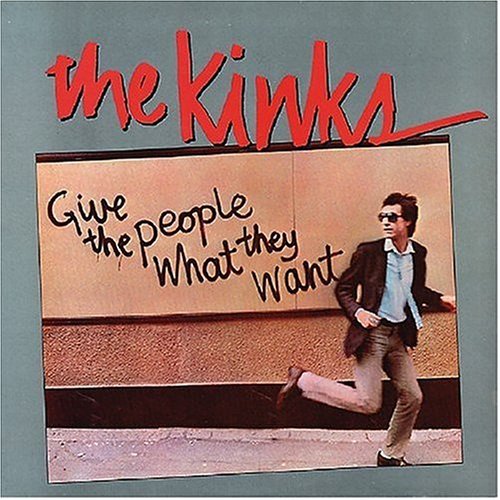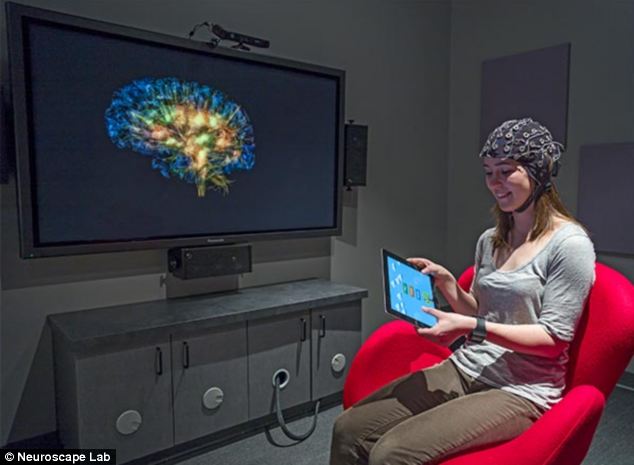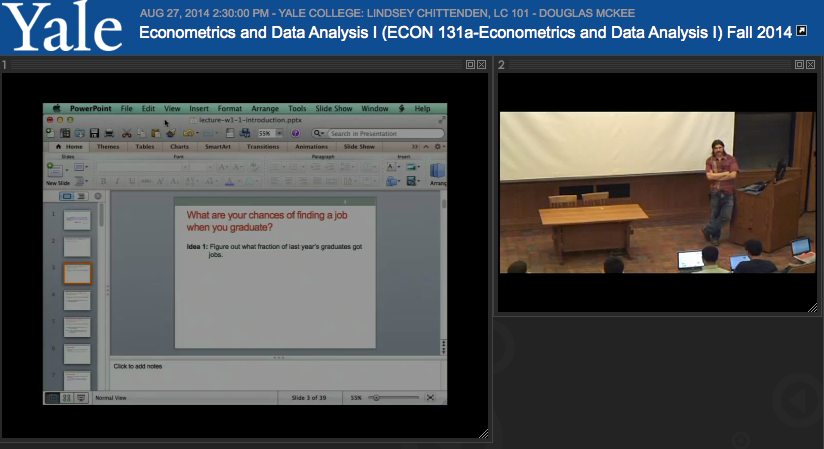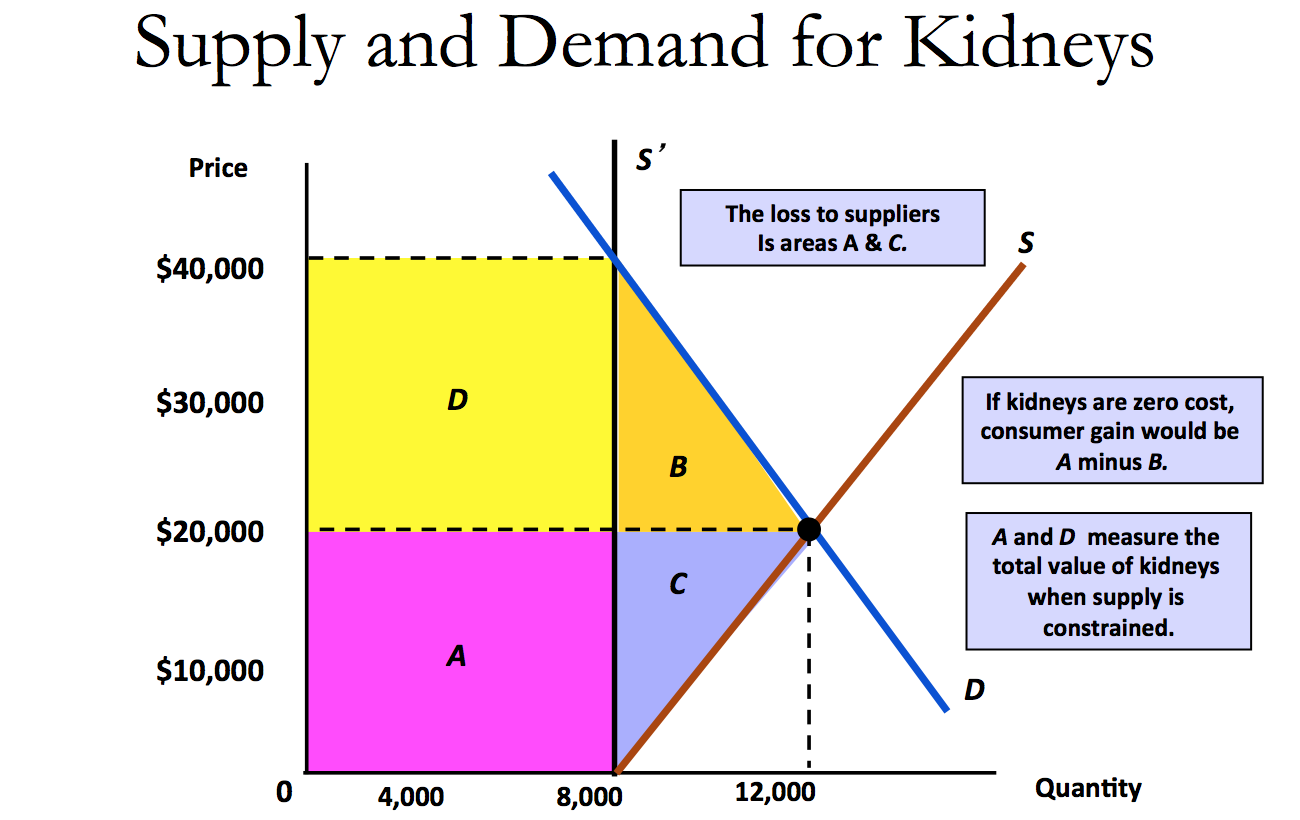Lectures and Colonoscopies
The American Cancer Society recommends that everyone get a colonoscopy at age 50 and then every ten years after that. It is an effective way for for doctors to identify colo-rectal cancer in its early stages, but it is usually a painful procedure. Physicians insert a camera into the rectum and push it pretty far up into the colon looking for potential problem areas.






